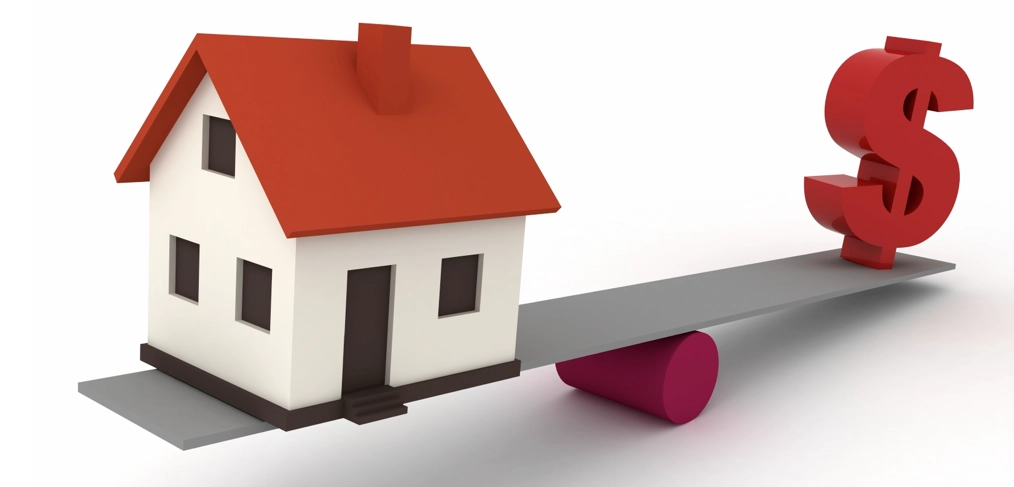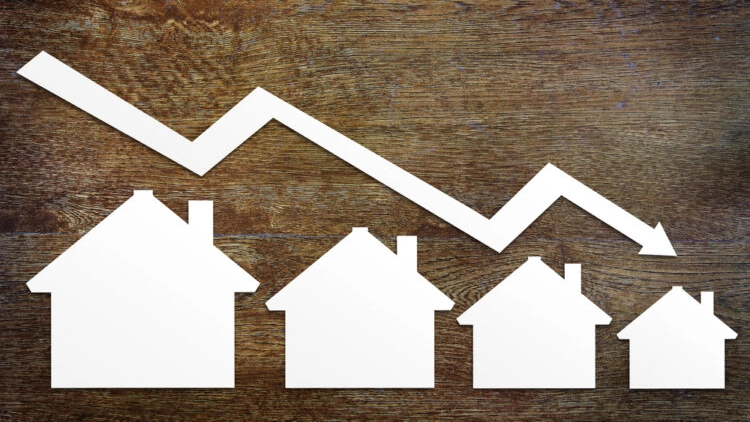Five questions to ask before purchasing real estate
Purchasing real estate constitutes a significant long term financial commitment for the majority of individuals. It’s a decision that stirs both excitement and apprehension amongst those seeking their dream property.

Devoting long hours week after week, year after year, making necessary sacrifices to finance a property purchase, imbues the home as more than just physical structure. The right home can offer decades of contentment and solace. However, many dream-seeking buyers soon find themselves grappling with a bitter aftertaste of buyer’s remorse.
This regret often stems from impulsive or insufficiently considered purchases. An indicator of this condition is when doubts about the wisdom of the acquisition begin to surface. This undesirable outcome can be avoided or at least mitigated by posing challenging questions before you commit. While you may not always find the answers to the following five tough questions to your liking, addressing them before the purchase is undoubtedly the wiser approach. Waiting until after the fact only leads to anxiety and restless nights.
When purchasing real estate you really need to know what you are doing and if you don’t, or you don’t do it often then you’re going to need help from a Buyer’s Agent. Luckily House Hunters Australia can help, please read on and call Valeria on 1800 844 042 to get the best outcome.
Here are 5 questions you should ask before purchasing real estate in Australia.
1. What if interest rates rise?
While lower for longer seems to have been the mantra when it comes to interest rates, second-guessing the actions of the Reserve Bank of Australia is best left to the experts as many have learnt with the recent run of record breaking interest rate increases. But what if they did continue to rise?
It’s crucial to recognise that Australia’s interest rates had previously been at historically low levels since the global financial crisis. Given the average period of property ownership is seven years, it’s fair to expect to see higher rates at some point in that timeframe no matter how strong the financial markets are. If you budget for higher interest rates that never come, you are well ahead. But budgeting for a continuation of low rates and then being hit with rate increases can see your dream home rapidly becoming your nightmare mortgage.
If your finances don’t stack up too well when modelled on rate rises, then consider buying at a more sustainable price point. Fixing your rates at current levels is another recommended strategy to protect against higher rates in the short term.

2. What is the current market price of the property?
Understanding the market value and choosing to pay above it is perfectly acceptable, provided you are fully aware of the decision you are making. Many individuals willingly invest more than the fundamental market value to secure their dream home, with the belief that it will pay off in the long term.
After carefully establishing the market price, the next step is determining your offer in relation to it. Some buyers will commit to a property only if they believe they are acquiring it at or below market price.
Doubting whether you may have paid too much while giving family and friends a tour during your housewarming will only lead to buyer’s remorse. Once you’ve addressed the challenging questions regarding your purchase, it’s time to relish your new home.
Before you embark on a property purchase, it’s wise to confront and tackle the tough and critical financial questions.

3. What if the market drops?
The adage goes, “buy when pessimism prevails, sell during prosperity,” but during prosperous times, it’s wise to anticipate an eventual correction in real estate market prices. Markets may continue to soar before this shift, but virtually all markets that experience rapid growth eventually undergo a correction, be it mild or severe. It’s crucial to differentiate between a correction and a crash. Corrections are routine occurrences in the property market, whereas crashes are devastating events like the US sub-prime crisis that caused global pain and led to the Global Financial Crisis.
Be cautious of those who make unfounded claims, such as asserting that Sydney real estate never declines or that inner Brisbane houses are recession-proof. Property markets can and do experience declines, as seen in recent years. Sydney and Melbourne, Australia’s premier markets, have a strong track record over the medium to long term, but the real estate market is more volatile than commonly perceived. If you’re investing in high-quality real estate for the long haul, you’re likely to come out ahead.
Your primary residence shouldn’t be seen primarily as a tax-driven investment. If you base your purchase on this premise, you might find yourself constantly fretting about market fluctuations and not fully enjoying the true benefits of homeownership.
If the thought of the market declining during your ownership of the intended property makes you uneasy, perhaps it’s not the right time or property for you to buy.

4. Will any rental income cover the mortgage?
Homeownership represents security, and the pinnacle of that security is owning a home without a mortgage. However, not everyone will achieve this stage in life before considering downsizing. There exists an interim level of financial security that everyone should aim for, and it’s an attainable goal, especially when purchasing property as a long term investment that generates income..
Reaching a point where the rental income from your property covers the mortgage can provide a surprising sense of peace. Knowing that your property can cover its own debt means you won’t be compelled to sell based on market conditions at any given moment. If, due to changing circumstances, living in the property becomes financially challenging, you own multiple properties, or have purchased primarily as an investment , you have the freedom to choose whether to sell or rent it out.
The critical aspect here is that the decision is yours to make. If your mortgage significantly exceeds the rental value of your property, unfortunate events changes in the rental market, like job loss or rising interest rates would likely necessitate a sale. Before purchasing real estate, it’s essential to determine the market rental value of your intended property. This information is invaluable in making good long term financial decisions.
5. What if I lose my job and cannot pay the mortgage?
Thankfully, Australia has maintained exceptionally low unemployment rates over the past two decades when compared to many developed nations. However, recent economic events like COVID have demonstrated how economic circumstances can change rapidly. It’s essential to have a plan in case you lose your job. While you may secure another job, possibly even one with better pay, what if your only option is a lower-paying position? These are concerning questions, but addressing them head-on is crucial to safeguard your financial well-being.
Australia’s last recession occurred in 1991, which means that half of the workforce has never experienced a significant economic downturn. For those who entered the workforce in 1993 or later, a recession is merely a historical event.
We frequently hear reports of increasing personal debt levels, mortgage stress, and challenges in moving up the property ladder. Two common pitfalls await young property buyers. Firstly, they often expect future pay raises. Secondly, they may not anticipate or budget for the possibility that having children could reduce their household income, while expenses remain unchanged.







